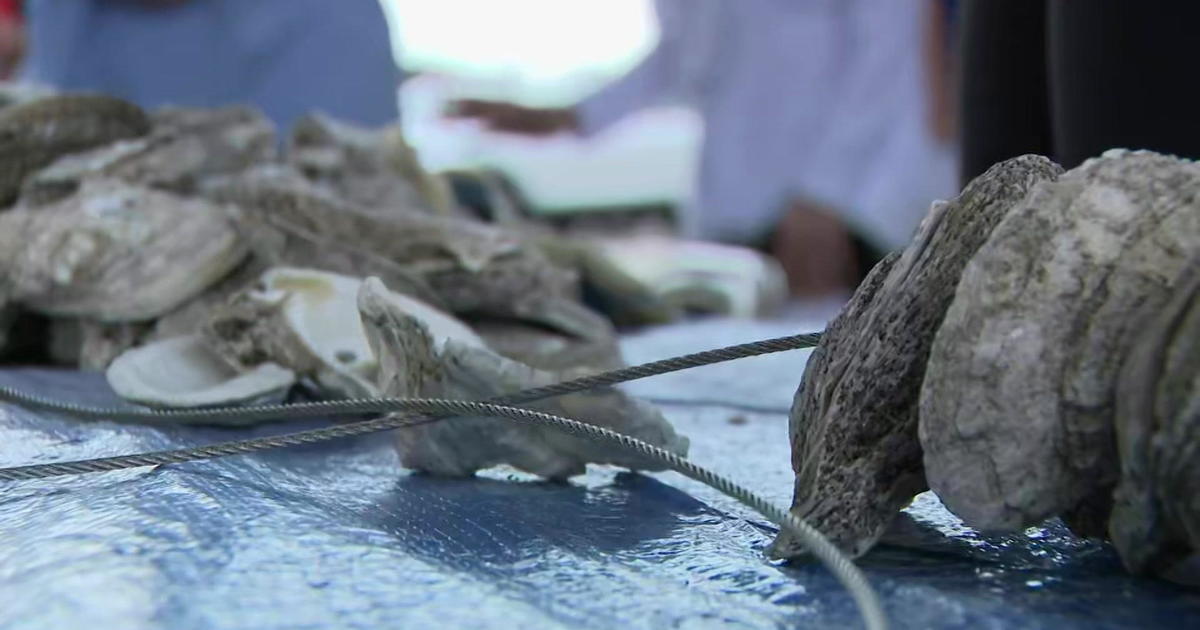When One More Glass Of Wine Is Too Many
MIAMI (CBSMiami) – Do you love to enjoy a glass of wine or two at dinner or at the end of a long day? How do you know when one more glass of wine is one glass too many?
Dr. Wendy Walsh, like many women, loves a good glass of wine and drank two glasses of wine a day for the last 25 years. She considered herself a social drinker and even hosts an online group called "Wine with Dr. Wendy." Recently, she decided to moderate her drinking.
Click here to watch Cynthia Demos' report.
"I started out drinking whites, Chardonnays in my 20s and then, somewhere along the line, I got into these big California chewy Cab's," said Walsh, who holds a Ph.D. in clinical psychology.
Walsh thought she was leading a healthy life by eating the right foods and exercising regularly, but she realized it was her daily two glasses of wine with dinner that was becoming problematic.
"I started getting red wine massive headaches," she explained. "Most of my friends were saying they were drinking about half a bottle a day. I thought, that's okay, that's what everyone else does," she said.
But doctors warned Walsh that even though her habits didn't qualify as alcoholism she was drinking enough to harm her health, possibly even causing liver damage.
She tried to cut back and couldn't on her own.
"I've tried many, many times but one drink always made me pour the second drink," Walsh said.
Adi Jaffe, who specializes in treating addiction, developed a program for Walsh that worked.
His six-month program starts with an initial 30 days of abstinence and then behavioral therapy with computerized mind-relaxation exercises.
"Those 30 days were really hard," said Walsh.
"Finding that line between social or normal drinking and addiction can be tough. It's not really a clear-cut line," said Jaffe, a former addict himself, whose program focuses on mindful management.
"Wendy isn't an alcoholic. Wendy is somebody who drank too much."
Since working on the program, Walsh said she's learned to substitute natural forms of stress relief, such as meditation, for those glasses of wine.
She said she also has more patience with her children, stays up later at night to spend time with her family and sleeps more soundly.
"And that improvement is across almost every single thing that we measure, so levels of depression go down, levels of anxiety go down," Jaffe said.
Jaffe advises those interested in moderate drinking management to have something to eat before drinking and to have the first drink be non-alcoholic.
Walsh suggests finding a good non-alcoholic drink to substitute.
Also, "make a wine schedule. Plan ahead so you know what's coming and you can manage your drinking."
"Find another way to relax. Your brain is calm. Ask yourself, 'Hmm, would I like a glass of wine?' Plenty of times the answer is no. And sometimes the answer is yes," she said.
In addition to feeling healthier, Walsh said another benefit is that she saves at least $100 a week by buying less wine than before.
RELATED CONTENT:



